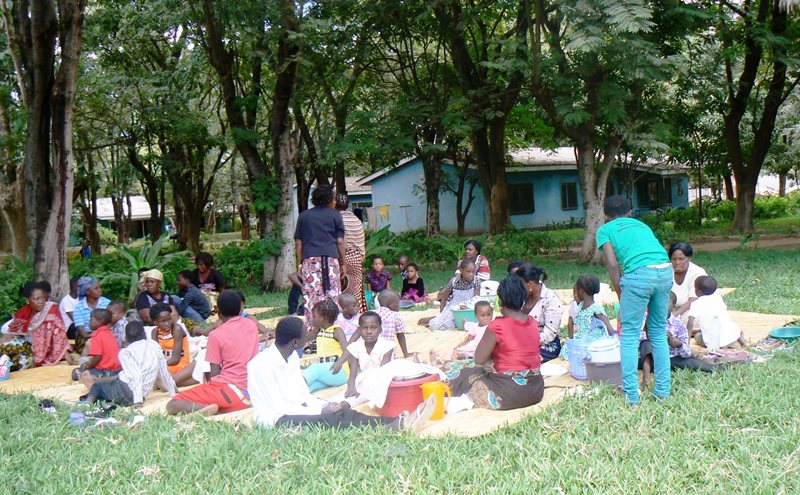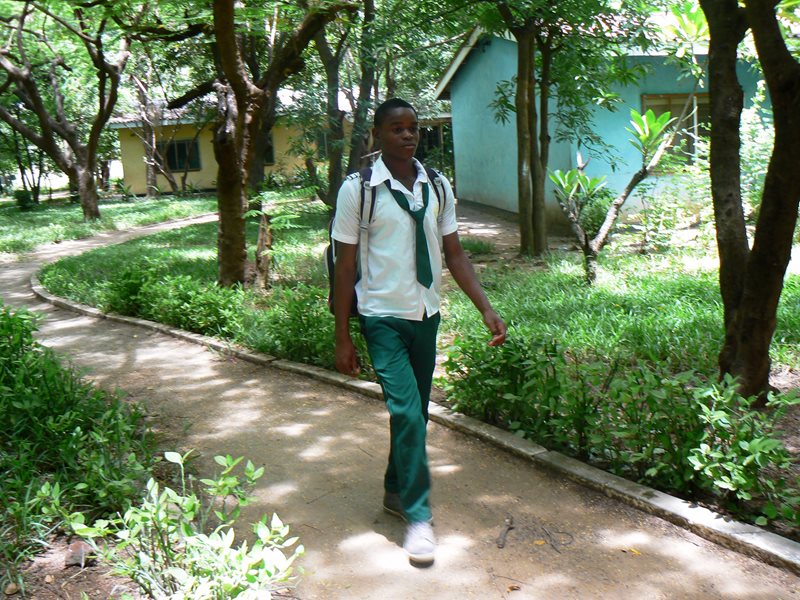Tete Province is preparing for a potentially massive economic boom

Tete, capital of the province of the same name, is located on the Zambezi River and has a growing population of approximately 156,000. Large amounts of coal have been discovered in Tete Province, and it is predicted to provide at least 25 per cent of the world’s coal by 2025. The mining activities have drawn thousands of internal migrants to the region in recent years. Between 1997 and 2007, for instance, the province grew by 56 per cent.
The direct foreign investment by mining companies has created jobs in the region and almost 85 per cent of the local workforce is now employed in the mining sector. While this certainly represents an improvement as compared to the previously high levels of unemployment, which often lead to alcoholism and other social problems, the mega-projects also give cause for concern. The construction of new mines has led to environmental problems and the resettlement of whole communities, and will continue to do so in the next years. And while the impact on the macro-economic situation of Mozambique will be enormous, the inequality of wealth distribution in the country may grow, which would lead to increased social tension.
There is still an enormous need for support in the region
The fact is that the majority of the population in Tete Province has not benefited substantially from the extraction of the region’s resources. Most people live in mud or wood dwellings, just five per cent of the local population has electricity in their homes and over a quarter get their drinking water from lakes or rivers.
Children are severely affected by the deprivation and insecurity that constitute the lives of most families here. Over 70 per cent of women cannot read or write, as compared to 40 per cent of men. This means that women, who take on the traditional role of raising the children, are excluded from social, economic and political processes and can offer their children no guidance in these matters. Over 70 per cent of births are not registered, meaning these children do not have any form of identification, which can make entering education more difficult and cause problems later in life.
What we do in Tete

SOS Children's Villages began its work in Tete in 1987.
Family strengthening programme: Today, the SOS Social Centre here provides a family strengthening programme to members of the local community in need of support. The programme ensures that children have access to essential educational, nutritional and health services. It provides assistance to families affected by HIV/AIDS, for example through counselling services and medical care provided in cooperation with local organisations. In addition, we offer parents guidance on professional skills and income generating activities, as well as psycho-social support.
Care in families: For children from the region who are no longer able to live with their parents, SOS families can provide a loving home for up to 165 children. In each family, they live with their brothers and sisters and are affectionately cared for by their SOS parent. Some SOS families live alongside other families in different neighbourhoods throughout the town.
Education: The children complete their primary and secondary education at the nearby school. SOS Children’s Villages built the school and it has been run by the Ministry of Education since 1988.
Support for young adults: When young people from the children’s village are ready to move out of the family home in order to pursue further education or training, the SOS Youth Programme provides shared accommodation. With the support of qualified counsellors, the young adults learn to take responsibility, plan their future and prepare for independent life.